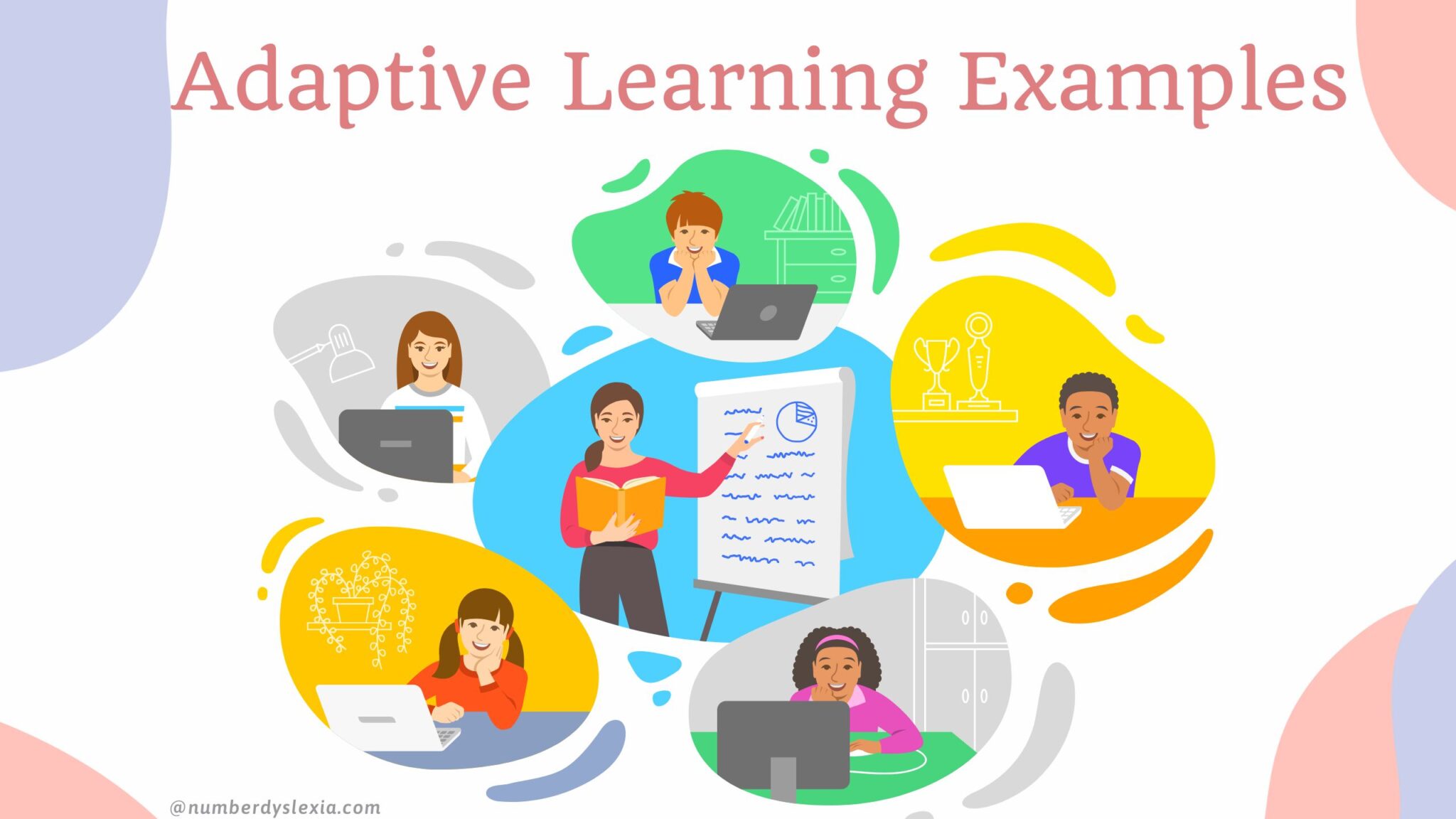School Education: The Foundation for Lifelong Success and Development
The fundamental role of school education in personal development
School education represent more than exactly academic learn — it’s a comprehensive system design to shape intimately round individuals prepare for life’s challenges. From elementary through high school, educational institutions provide structured environments where young minds develop intellectually, socially, and emotionally.
The educational journey begin with basic literacy and numeracy but extend far beyond these fundamentals. Students increasingly build critical thinking abilities, problem solve skills, and the capacity to process complex information — cognitive tools that serve them throughout their lives.
Build essential life skills through formal education
School education instill discipline and routine that help students develop time management skills. The daily structure of classes, assignments, and extracurricular activities teach young people how to prioritize tasks, meet deadlines, and balance various responsibilities.
Communication skill flourish in educational settings where students must express ideas intelligibly, listen actively, and engage in meaningful discussions. These abilities prove invaluable in personal relationships and professional environments likewise.
Teamwork and collaboration are course foster in classroom settings. Group projects, team sports, and club activities help students learn to work efficaciously with others, respect diverse perspectives, and contribute to collective goals — essential skills in today’s interconnected world.
Social development and cultural awareness
Schools function as microcosms of society where students from diverse backgrounds interact every day. These interactions help young people develop social intelligence, empathy, and cultural sensitivity. By engage with peers from different cultures, religions, and socioeconomic backgrounds, students gain broader perspectives and learn to appreciate diversity.
Character development occur course within educational environments that emphasize values like honesty, respect, responsibility, and perseverance. Through both formal instruction and informal experiences, students develop moral compasses that guide their decisions and actions.
Education as the gateway to economic opportunity
Quality education remain the virtually reliable pathway to economic stability and advancement. Statistics systematically show strong correlations between educational attainment and earn potential across all demographics. Higher levels of education typically translate to increase income, greater job security, and enhance career mobility.
The modern job market progressively demand specialized knowledge and technical skills that formal education provide. Many careers require specific credentials, certifications, or degrees that can solely be obtained through structured educational programs.
Beyond specific job skills, employers value the broader competencies that education develop — critical thinking, problem solve, communication, and adaptability. These transferable skills make individuals versatile employees capable of navigate change workplace demands.
Prepare for higher education and specialized training
School education lay the groundwork for advanced learning opportunities. Strong primary and secondary education prepare students for success in college, university, or vocational training programs. The academic foundation build during these formative years determine how advantageously students can access and benefit from higher education.
For students pursue technical or vocational paths, school education provide essential prerequisites for specialized training. Flush hands on careers require fundamental academic skills and knowledge that school education impart.
Cognitive development and academic achievement
Structured learning environments stimulate intellectual growth in ways informal learning can not match. Educational curricula are design to challenge students increasingly, build on previous knowledge while introduce new concepts at appropriate developmental stages.
Schools provide access to resources that enhance learning — libraries, laboratories, technology, and specialize instructional materials. These resources, frequently unavailable at home, enrich the educational experience and deepen understanding across subject areas.
Qualified teachers bring expertise in both subject and pedagogical methods. Their guidance help students navigate complex topics, overcome learn obstacles, and develop effective study strategies. This professional instruction accelerates learn in ways self direct study seldom can.
Discover talents and develop potential
School environments expose students to diverse subjects and activities, help them discover talents and interests they might differently ne’er encounter. From mathematics and science to literature, arts, and athletics, schools offer exploration opportunities across numerous domains.
For many students, school represent the first setting where their unique abilities are recognized and nurture. Teachers oftentimes identify special aptitudes that parents might miss, direct students toward areas where they can excel and find fulfillment.
The role of education in create informed citizens
Democratic societies depend on educate citizens who understand civic processes and can evaluate information critically. School education provide essential knowledge about government systems, historical context, and civic responsibilities that prepare young people for informed participation in democratic processes.
In an era of information abundance, schools teach media literacy and critical evaluation skills. Students learn to distinguish credible sources from misinformation, analyze arguments, and form evidence base opinions — crucial abilities for navigate today’s complex information landscape.
Educational institutions promote awareness of global issues and interconnectedness. Students develop understanding of international relations, environmental challenges, and cultural diversity, prepare them to engage thoughtfully with global concerns.
Foster ethical development and social responsibility
Schools provide structured opportunities to explore ethical questions and develop moral reasoning. Through literature, history, and dedicated ethics discussions, students consider complex moral dilemmas and develop frameworks for ethical decision-making.
Many educational programs incorporate community service and civic engagement, teach students the value of contribute to society. These experiences foster a sense of social responsibility that oftentimes extend into adulthood.
Personal growth and self discovery through education
The educational journey help students develop self awareness and identity. Through academic challenges, social interactions, and extracurricular pursuits, young people discover their strengths, weaknesses, values, and passions.

Source: tumblr.com
Schools foster resilience by present students with appropriate challenges and support them through difficulties. Learn to overcome academic obstacles, manage stress, and bounce backward from disappointments build psychological strength that serve students throughout life.
Educational environments encourage goal setting and achievement orientation. Students learn to establish meaningful objectives, develop strategies to reach them, and experience the satisfaction of accomplishment — create positive patterns that extend beyond academic pursuits.
Build confidence and self-efficacy
Success in educational settings build confidence that transfers to other life domains. As students master new skills and overcome challenges, they develop belief in their capabilities and willingness to tackle unfamiliar situations.

Source: pinterest.com
Schools provide safe spaces to take intellectual risks, make mistakes, and learn from them. This environment nurture innovation and creativity while teach that failure represent a necessary step in the learning process.
The social benefits of educational institutions
Schools function as community hubs where meaningful relationships form. Students develop friendships, mentorships, and social networks that provide support, enrich their lives, and frequently continue foresightful after graduation.
Educational institutions create environments where students learn to navigate social dynamics, resolve conflicts, and build positive relationships. These social skills prove essential in family life, community involvement, and professional settings.
For many students, schools provide crucial stability and structure that might be lack elsewhere in their lives. Consistent routines, clear expectations, and supportive adults create security that allow children to focus on learning and development.
Support diverse learning need
Modern educational systems progressively recognize and accommodate diverse learning styles and needs. Specialized programs, individualized education plans, and adaptive teaching methods help ensure all students can access appropriate educational opportunities.
Schools oftentimes provide essential support services — counseling, health services, nutrition programs, and specialized interventions — that address barriers to learn and promote overall wellbeing.
Education as an investment in the future
Education represent society’s virtually significant investment in future prosperity. Advantageously educate populations correlate powerfully with economic development, innovation, and social stability. Countries prioritize education typically experiences greater economic growth and improve quality of life.
At the individual level, education offer exceptional return on investment. Despite rise costs, the lifetime economic benefits of quality education — higher earnings, better benefits, and greater job security — typically air outweigh the initial investment.
Beyond economic returns, education yield dividends in health outcomes, life satisfaction, and civic engagement. Research systematically show that educational attainment correlate with longer lifespans, healthier behaviors, greater happiness, and more active community involvement.
Adapt to technological change and future challenges
Today’s educational systems progressively focus on prepare students for quickly evolve technological landscapes. Digital literacy, computational thinking, and technological adaptability have become essential components of modern education.
Schools foster innovation mindsets and entrepreneurial thinking that help students navigate uncertain futures. By encourage creativity, problem solve, and adaptability, education prepare young people for careers that may not heretofore exist.
Conclusion: the enduring value of school education
School education provide irreplaceable foundations for individual success and societal progress. The structured learning, social development, and personal growth that occur within educational institutions shape capable, informed citizens prepare to lead fulfil lives and contribute meaningfully to their communities.
As educational systems continue to evolve to meet change needs, the fundamental importance of quality education remain constant. Investment in educational excellence — at personal, community, and national levels — continue to yield the highest returns for both individuals and society as a whole.
The educational journey represents far more than academic achievement; itencompassess the development of the whole person — intellectually, socially, emotionally, and ethically. This comprehensive developmecreatesate the foundation upon which successful, purposeful lives are build.



